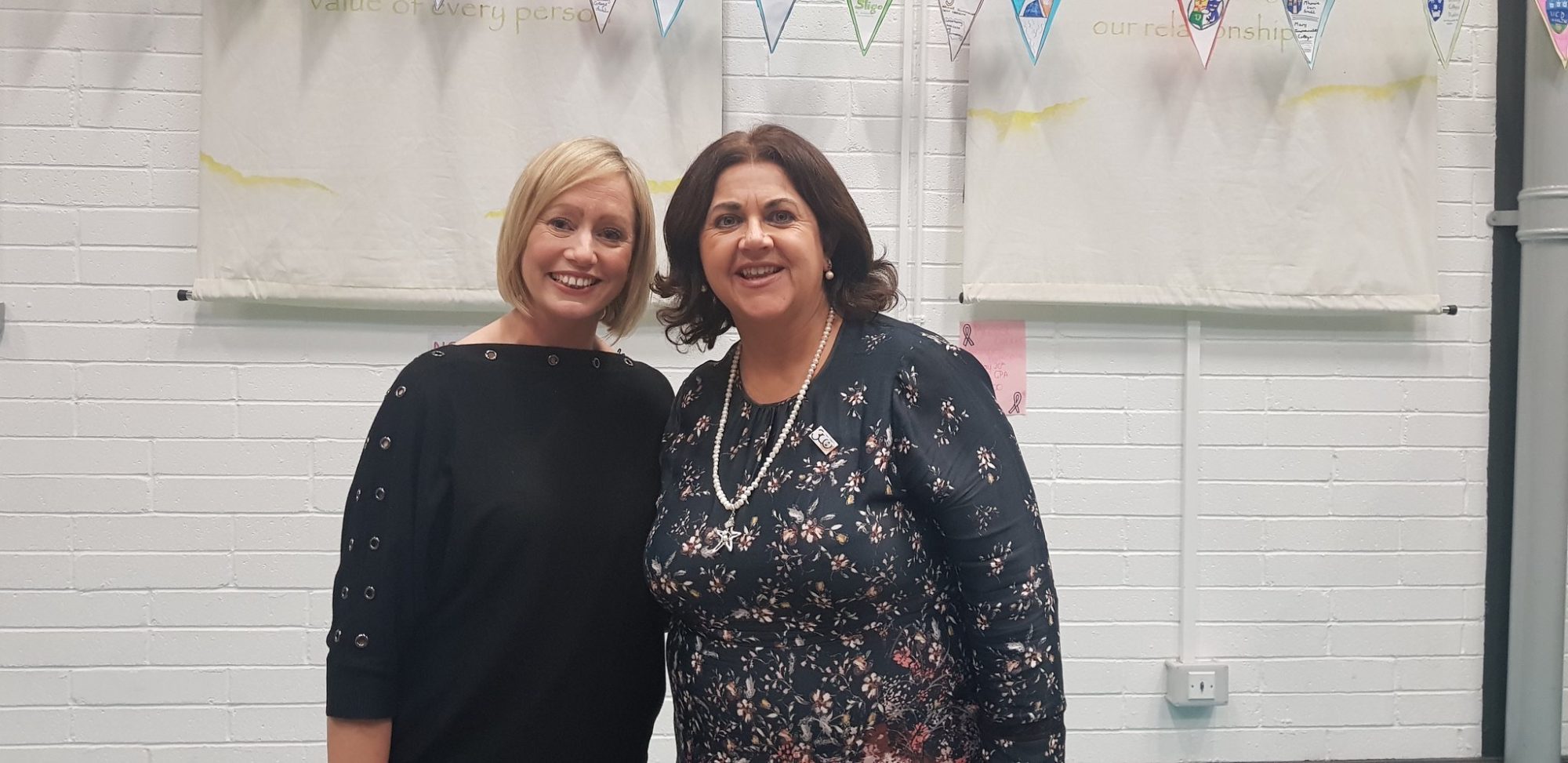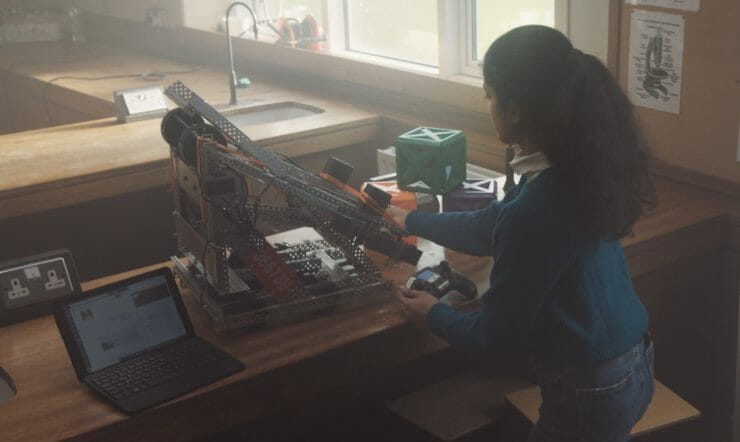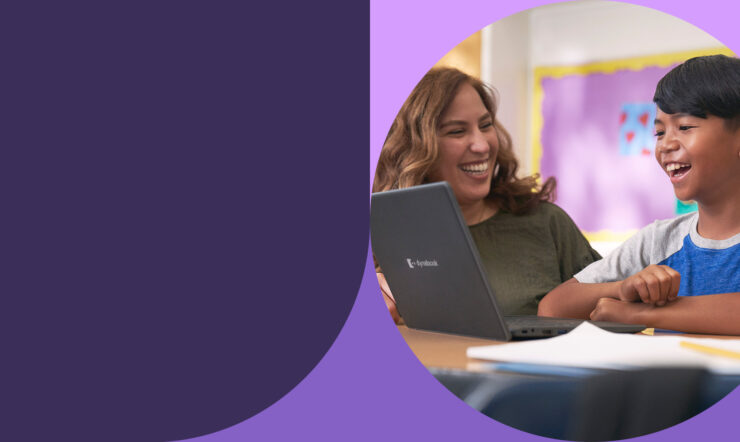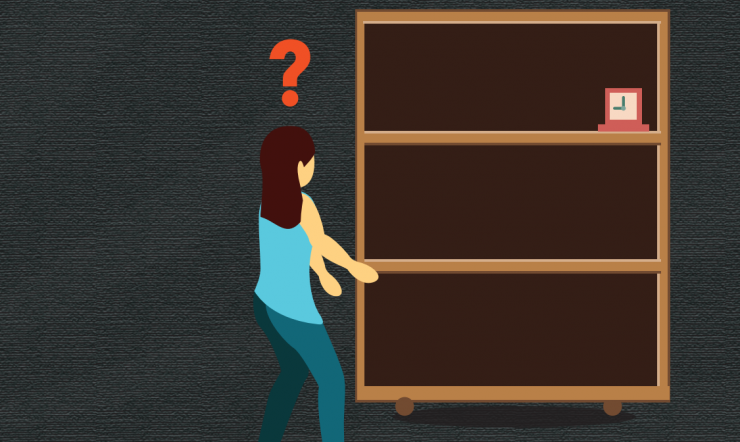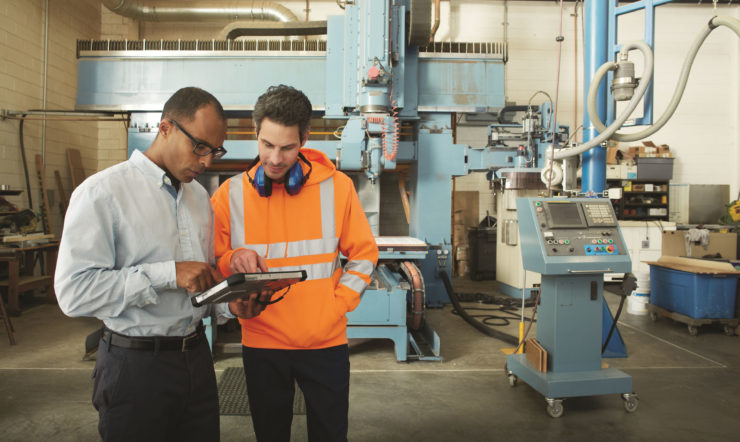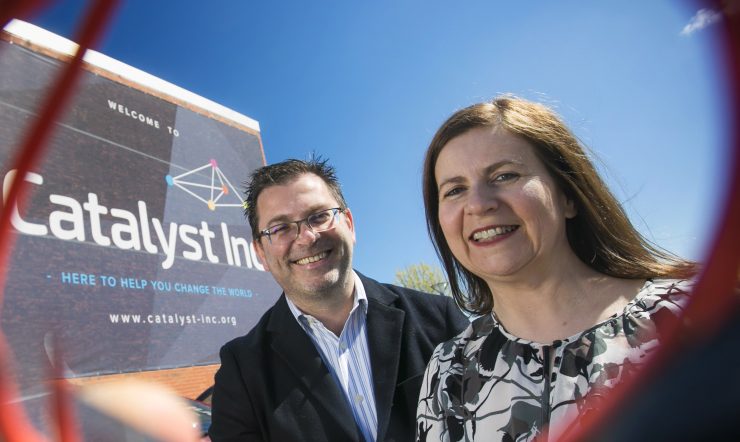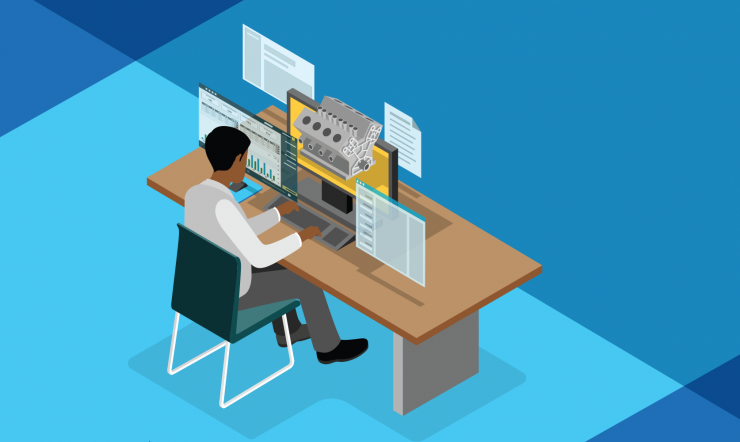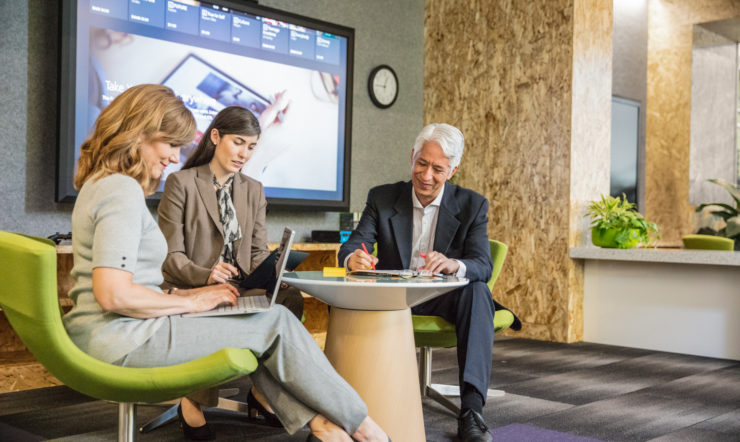Role Models Needed for Future IT Leaders
Despite much progress in getting girls interested, more needs to be done.
This week I was delighted to join Coláiste Bríde in Clondalkin for their Awards ceremony. With a four year old daughter I feel passionately that our girls today need to be ready for tomorrow. Today women only make up 30% of Europe ICT workforce – given challenging pace of change, this needs to change!
Our students need great role models, access and awareness. As a society, we are living in a time of momentous change as technologies transform how we love, work and play. Microsoft is embracing this change in our quest to help every person and organisation on the planet to achieve more. We want our young people to participate in today’s digital age and inspire them to create tomorrow digital world. With 90% of tomorrow’s jobs requiring digital skills, it is time that all of Ireland’s talent pool possesses the skills of the future to ensure they succeed in any and all sectors they choose to work.
Microsoft conducted research in collaboration with McKinsey & Company’s Education Practice research on the ‘Class of 2030’ to gather insight from students, teachers and thought leaders across the U.S., Canada, the U.K. and Singapore. It explored the key skills our pre-school students will need when they graduate, how we prepare them on that educational journey, and the role technology plays in that.
Some of the findings:
- Students are both clear and bold in their vision for the future
- They want greater choice and control over how they learn, so they can solve social and global challenges not yet imagined and be ready to thrive in their personal and professional lives
- By 2030 – and while automation replaces today’s lower-skill jobs – the fastest-growing occupations will require higher-level cognitive skills in areas such as collaboration, problem-solving, critical thinking, and creativity.
- To help all students build these crucial cognitive and social and emotional skills, educators will need training, technologies, and time
However, we face a significant challenge in encouraging more girls to become interested in technology-related careers. Despite becoming interested in technology around the age of 11, girls start to lose interested in STEM subjects around the age of 15.
This fall-off is limiting the career and life choices of some of this country’s most creative young people. Indeed, today women only make up 30% of Europe ICT workforce. This is something that policy makers and industry must work together to address. We cannot have nearly three-quarters of the workforce unable to participate or have their jobs replaced by disruptive technology.
What can we (you?) do about it?
- Well, 3 out of 5 Irish girls with strong role models can imagine a future career in STEM.
- 46% of Irish girls are more interested in STEM subjects when they have a role model compared to 38% of girls who don’t
On average – across Mathematics, Physics, Biology, Chemistry, and Computer Science – having a STEM role model results in a further 11% increase in interest for girls in the Irish classroom.
As I addressed these girls – the entrepreneurs, leaders, innovators, and our future leaders – I wanted them to realise their biggest ambitions.
We now need to be that role model they can learn from! Get involved
Aisling Curtis
Commercial Director at Microsoft Ireland


